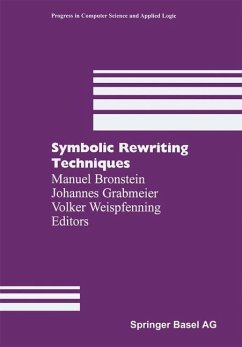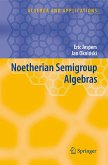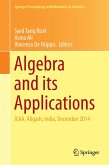Symbolic rewriting techniques are methods for deriving consequences from systems of equations, and are of great use when investigating the structure of the solutions. Such techniques appear in many important areas of research within computer algebra: - the Knuth-Bendix completion for groups, monoids and general term-rewriting systems, - the Buchberger algorithm for Gröbner bases, - the Ritt-Wu characteristic set method for ordinary differential equations, and - the Riquier-Janet method for partial differential equations. This volume contains invited and contributed papers to the Symbolic Rewriting Techniques workshop, which was held at the Centro Stefano Franscini in Ascona, Switzerland, from April 30 to May 4, 1995. That workshop brought together 40 researchers from various areas of rewriting techniques, the main goal being the investigation of common threads and methods. Following the workshops, each contribution was formally refereed and 14 papers were selected for publication.








